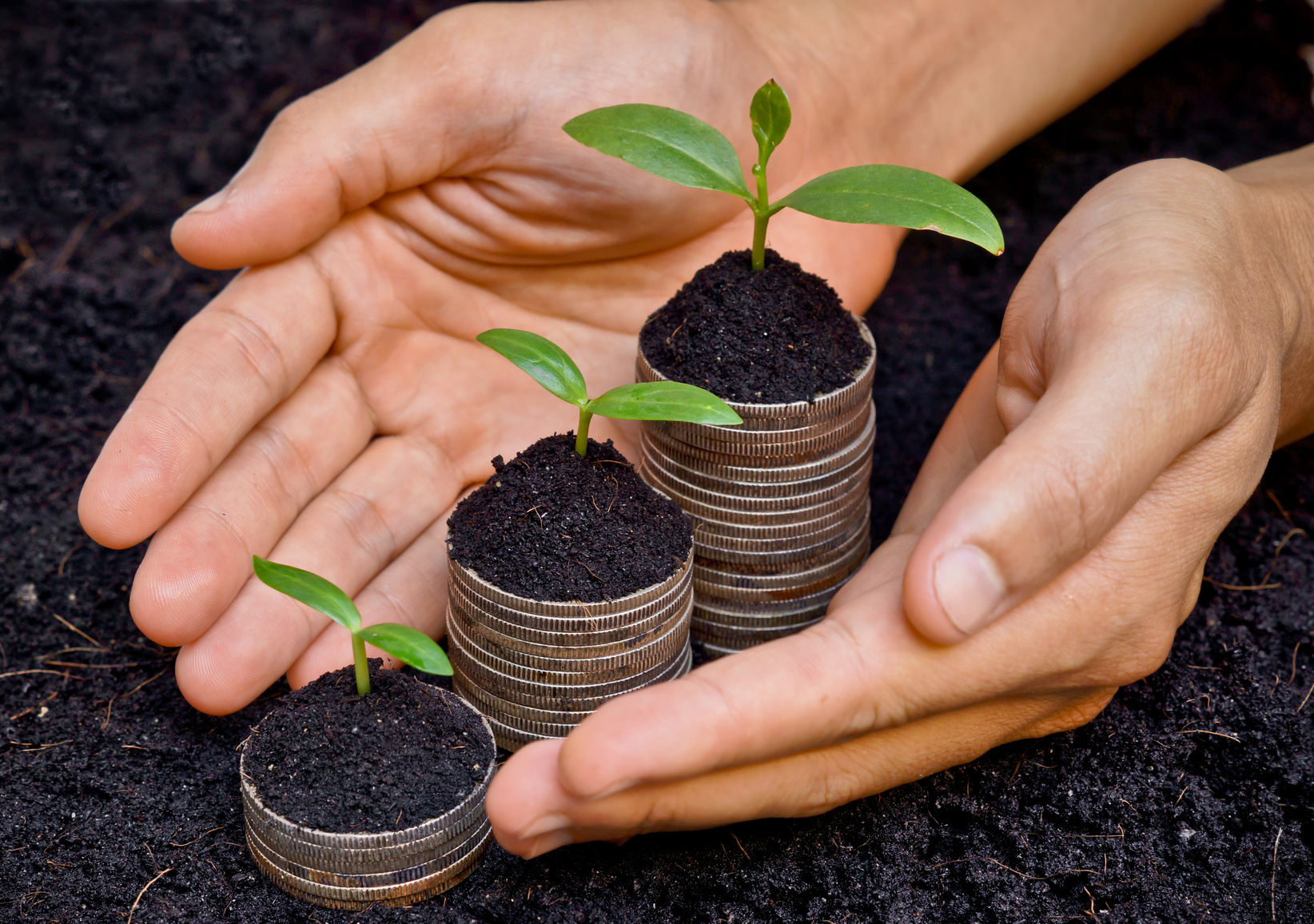Sustainability
SUSTAINABILITY

Not just a trend, but a part of our corporate culture: sustainability at AGRANA Fruit
At AGRANA, sustainability is more than just a buzzword - it is an integral component of our corporate culture.For us, sustainability means striking a balance between our financial, environmental and social responsibilities. Our holistic approach – from field to cup – is reflected in all of our core operations and is guided by the following three principles:
- Utilise almost 100% of our raw materials and employ low-emission technologies to protect the environment.
- Respect all our stakeholders and the societies in which we operate.
- Engage in long-term partnerships.
In order to give our Trendblog readers a better insight into our sustainability-related activities, we have put together a summary of initiatives we have implemented in a number of areas. So join us on the path to sustainability as we make the journey from field to cup.
Sustainability begins in the field
The path to sustainability usually begins with our products in the field. That is why ensuring sustainable farming methods, fair working conditions and resource-efficient production across the value chain is such a huge challenge.Morocco, Mexico and Fiji
In 2011, AGRANA Fruit began supporting contract farmers – agricultural companies that deliver fresh fruit directly to our plants for initial processing – by introducing "good agricultural practice" in countries such as Morocco and Mexico.
More specifically, in Mexico our team of economists worked with other knowledge providers (as part of a project sponsored by the Austrian Development Agency (ADA)) to help strawberry and blackberry suppliers to obtain certification in accordance with the international Rainforest Alliance standard.
In preparation for the certification process, around 1,100 employees of the participating agribusinesses received training in the following areas:
- Sustainable agricultural practices (i.e. fertilisation, use of pesticides, irrigation, biodiversity, and in-house water and waste management), in cooperation with the Institute of Agriculture of Chapingo Autonomous University.
- Workplace health and safety measures (i.e. proper use of protective clothing and equipment, training of 56 first-aiders, etc.), in cooperation with the local Red Cross chapter.
Additionally, AGRANA Fruit provided financial and organisation support for:
- The installation of 28 portable sanitary facilities (toilets and showers including wastewater systems) in order to safeguard hygiene standards in the fields.
- The planting of 5,000 trees as well as crops to provide natural protection against erosion and enhance biodiversity.
AGRANA Fruit also aimed to ensure full compliance with statutory provisions related to working conditions (e.g. payments to social insurance funds, health service contributions, etc.) by the contract farmers.
A similar project for the certification of contract suppliers of bananas, mangos and guavas in Fiji began in autumn 2014.
In terms of the procurement of raw materials from initial processors or traders, and especially in relation to the sourcing of mainly deep-frozen or aseptically packaged fruit pieces, we aim to have a bigger say in the implementation of sustainable agricultural practices and fair working conditions. We will achieve this by integrating stricter environmental and social criteria into our guidelines for the procurement of agricultural raw materials and primary products, and through our involvement with platforms such as the Sustainable Agriculture Initiative (SAI).
The SAI was set up in 2002 by food producers Danone, Nestlé and Unilever, with the aim of setting new standards of responsibility in agricultural production. As a member of the SAI since 2014, AGRANA Fruit and many of its customers are now working to achieve this goal.

As part of the Sustainable Berry Supply project, over 1,000 employees of Mexican agribusinesses received training in sustainable agricultural practices from agronomists. Workplace safety measures were implemented i collaboration with local Red Cross chapters. The participating companies were also giving financial and planning support for the installation of 28 portable sanitary facilities designed to promote safe and hygienic conditions in the fields. Over 5,000 trees as well as crops were planted in the course of the initiative to provide natural natural protection against erosion and enhance biodiversity.
